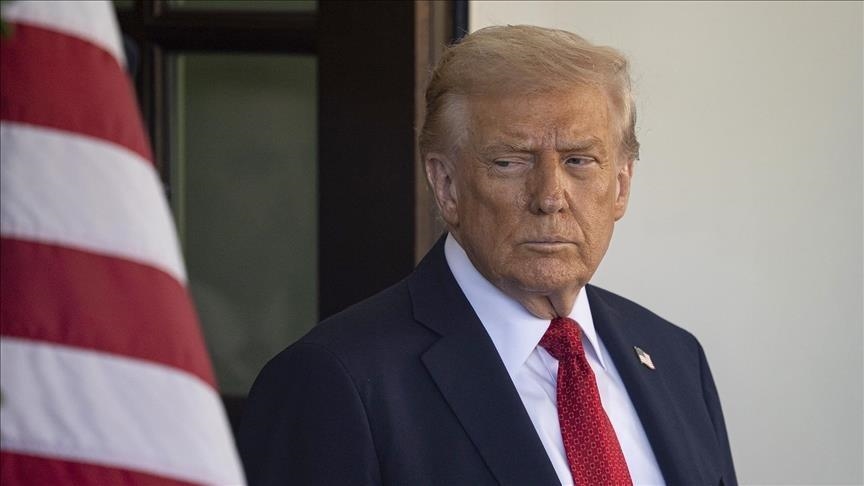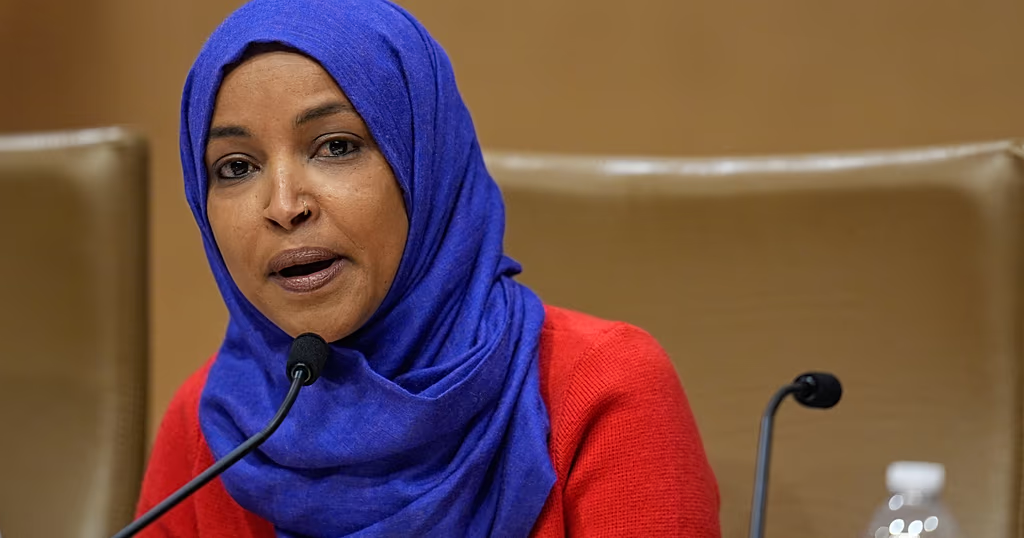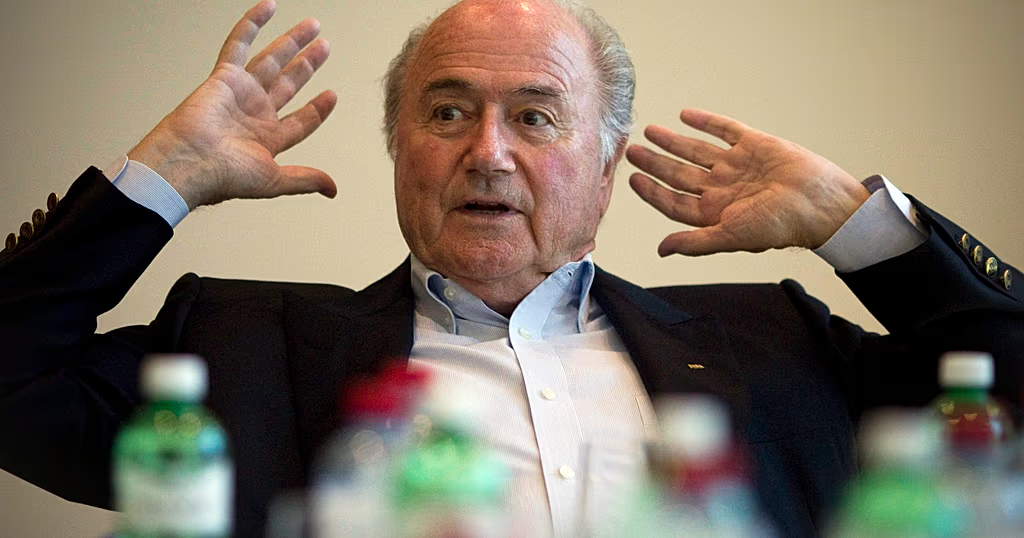South Africa’s foreign policy is in dire need of principle and coherence, as the country’s Department of International Relations and Cooperation (DIRCO) struggles to navigate crises and balance its national development interest with its constitutional values. The confusion is particularly evident in the government’s ambiguous alignment with Russia on the country’s invasion of Ukraine and various stumbling responses to US accusations of arms deals with Russia. Such actions have damaged the country’s Western-dominated trade relations.
Foreign policy experts argue that South African foreign policy should focus on advancing its national development interest, including protecting individual rights, democracy, economic growth, and freedom from foreign invasion. However, current policies often do the opposite, creating incoherence and ineffectiveness across most areas of the government.
The decline of DIRCO’s capacity mirrors the ANC’s increasingly outdated political stance, which is out of step with what citizens want – a well-governed state that is respected internationally. Opposing parties have a realistic chance of forming a governing alliance that excludes the ANC by the next national elections. However, present challenges include the diversity in external orientations among current political contenders.
To regain credibility and a responsible reputation in Africa and internationally, South Africa must align its foreign policy with constitutional values. The country must consider international laws and promote values that underlie open and democratic societies based on human dignity, equality, and freedom. But instead, the ANC’s policies lean towards statist ideology and anti-Western biases, coexisting with anti-migration sentiments and xenophobia.
Economic growth is the foundation of South Africa’s stability, and every decision made by DIRCO or the cabinet must focus on the costs and benefits of trade, investment, and growth, while considering the country’s constitutional values. South Africa’s foreign policy must protect inter-trade relations, unlock investment opportunities in international countries and Africa for South African businesses and enhance international investments in the global south.
Moreover, South Africa requires foreign direct investment instead of selling off its assets due to a lack of energy supply, economic uncertainty, and grey-listing. Also, the civil service must be fixed, South African embassies need to have work plans and a target for advancing South African exports to that country and inviting foreign investment. South Africa must align its foreign policy with its development priorities, promoting an open and democratic society based on constitutional values and international laws.
Jakkie Cilliers
ISS Pretoria
N/A



